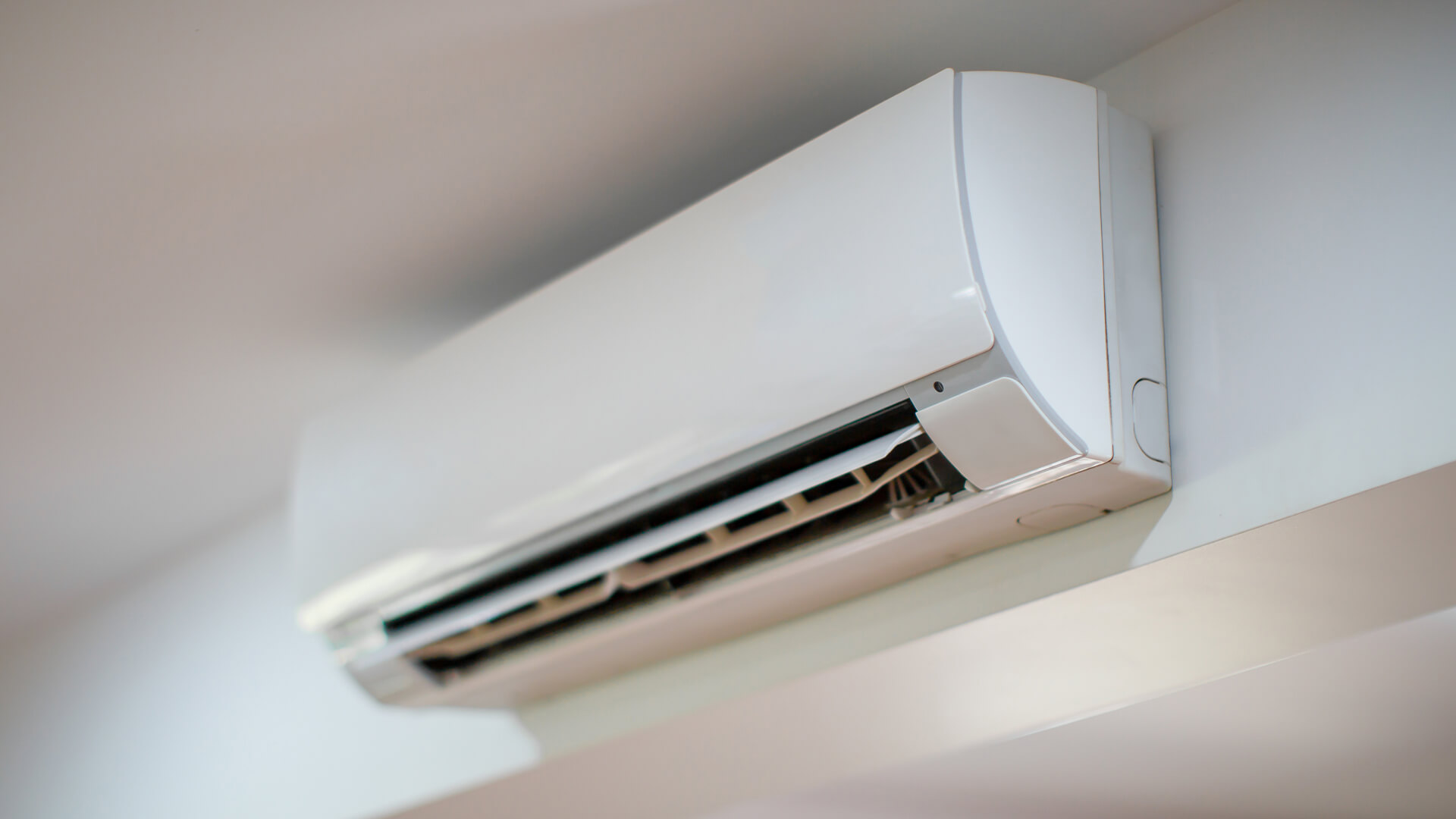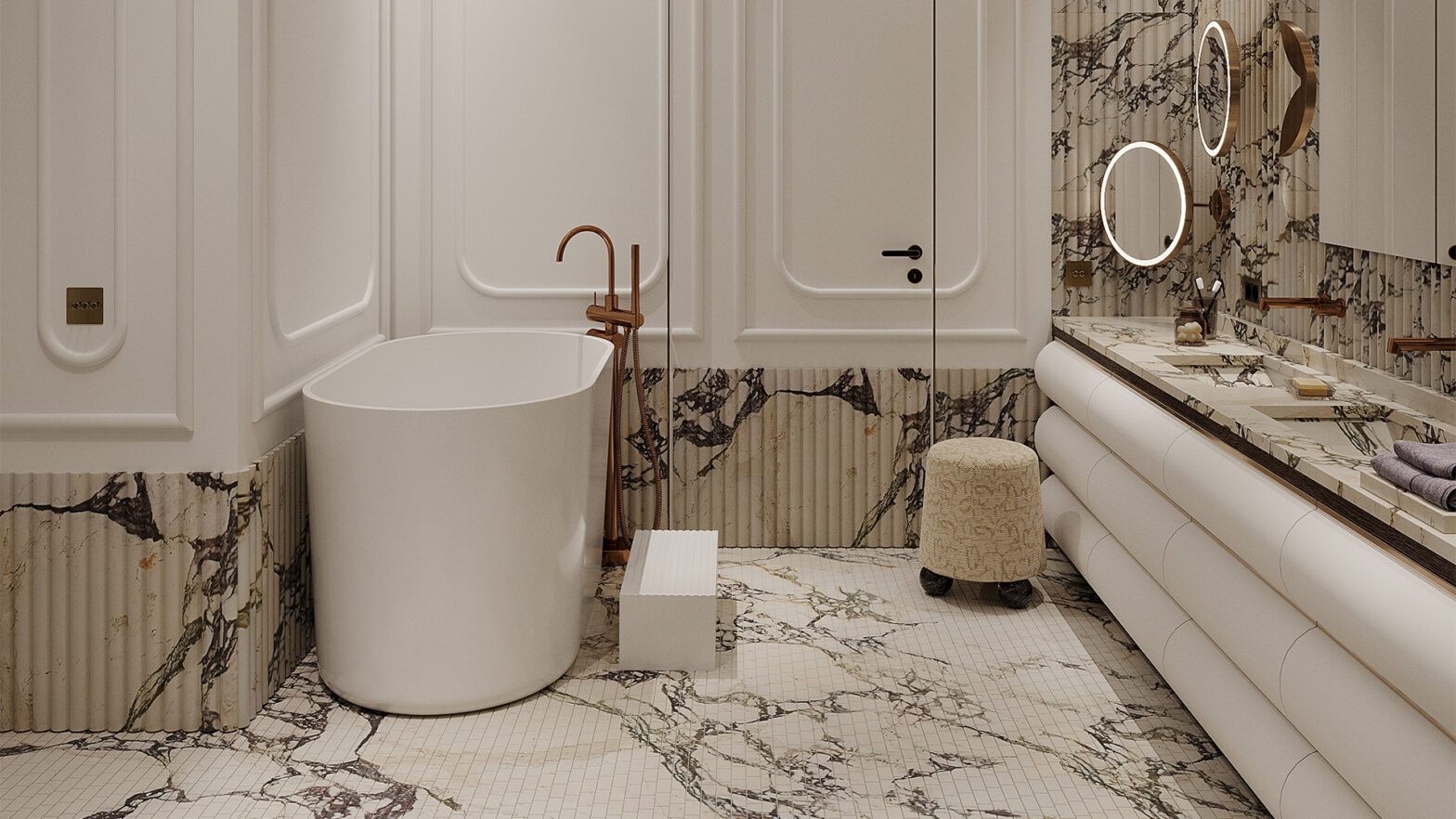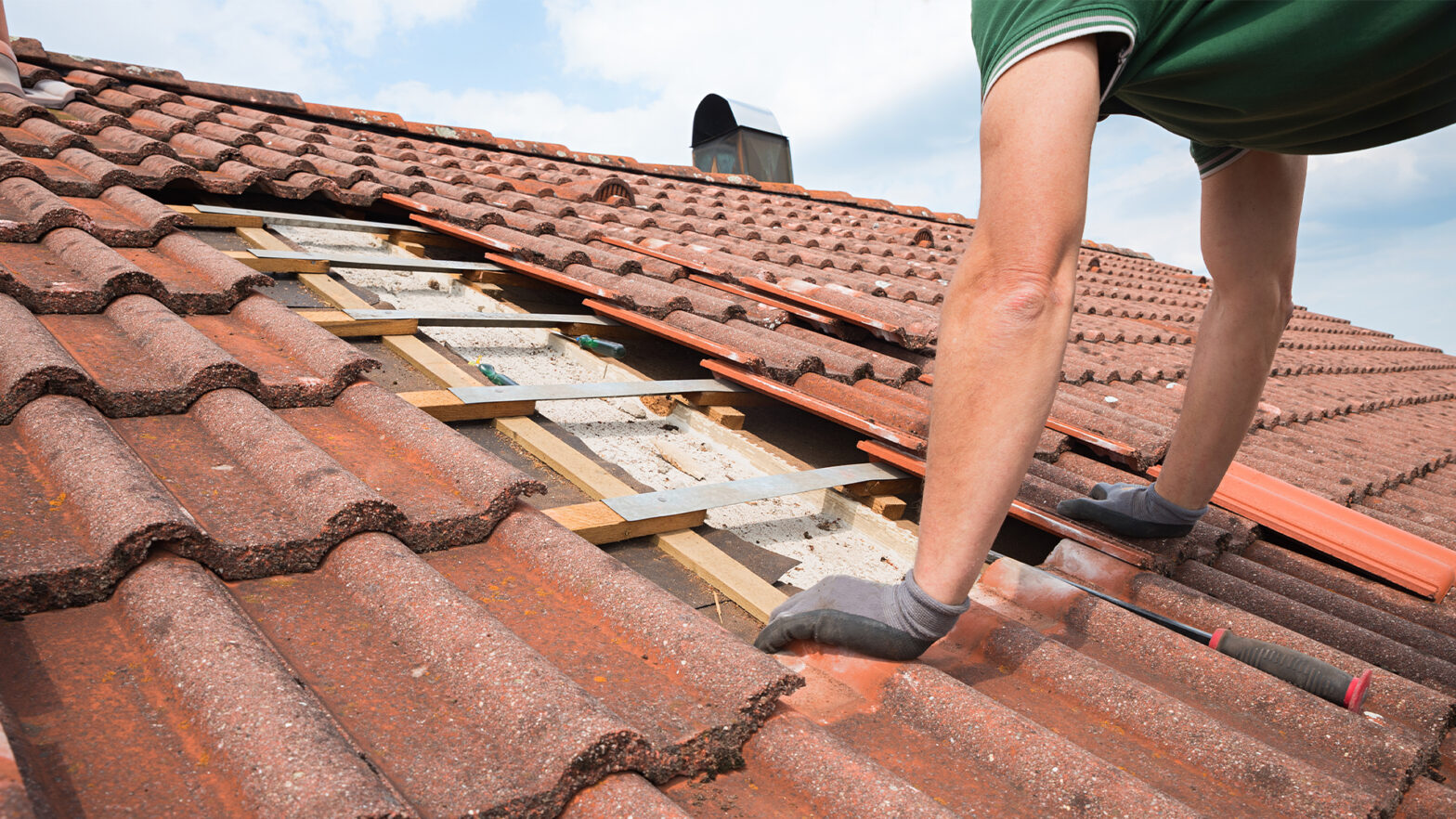When you are trying to find the perfect air filter for your home and your heating unit, you will often see that there is an MERV rating attached to almost every brand. No matter what type of furnace and heating system you have, you need to make sure that you have the right rating.
Let’s take a closer look at MERV ratings and why they are so important.
What Does MERV Stand For?
MERV is an acronym which stands for Minimum Efficiency Reporting Value. In the simplest terms, an air filter’s MERV rating is how efficiently it can catch particles in the air. Even if a room appears to have beautiful, clean air, there will nearly always be something there. Using air filters with a high MERV rating can help protect your home and improve its air quality.
The particles in the air are usually measured in microns. They could be something fairly bulky at greater than 10 microns, such as carpet or textile fibers, or they could be bacteria or other pests that might less than 0.3 microns. Depending on the efficiency of the air filter, many of these particles can actually be removed.
What Do The Ratings Mean?
MERV ratings exist on a scale of 1 to 16. Right at the bottom, in around 1-4, are the typical filters that you would find in most residential homes. They will remove particles like pollen and dust mites but will still let through smaller particles like bacteria. Up at the other end, closer to 16, you will find air filters capable of removing nearly everything from their environment. You will often find these filters in places where the air needs to be incredibly clean, such as in a hospital.
Though the 1-4 ratings are more typical of what you might find in a residential building, you can use higher MERV ratings for your filters if you have a unit that will take them. Some older units can’t use high MERV rated filters, but some can, and if you have a unit that can take them then they can be a useful addition to your home. It’s easy to find high MERV air filters for your home. For example, you can purchase MERV 13 air filters and others of a similar rating at sites like Filterbuy. This service is perfect for families with health conditions or other concerns that they might want to address.
Which Filter is Right for Me?
It can be hard to judge exactly which filter you should be using for your home. You need to consider a range of factors, such as the location of your home, your family’s health, pets, and the type of system that you have, before you make a decision. While low MERV filters work well for older units, higher-rated air filters could help your family to enjoy cleaner air and better respiratory health. If you want to choose a higher MERV rating, then there are many benefits of boosting up to a MERV rating of even just 8, though you could feasibly go as high as 13 depending on your family’s personal situation.
If you want to tackle the air quality in your home head-on, then you might want to look into changing the rating of MERV filter that you are using in your home. It could make a significant difference in the feel of your home. Air quality is such a simple thing that many of us don’t notice it, but you might be surprised in the difference a higher MERV rating can make.

































